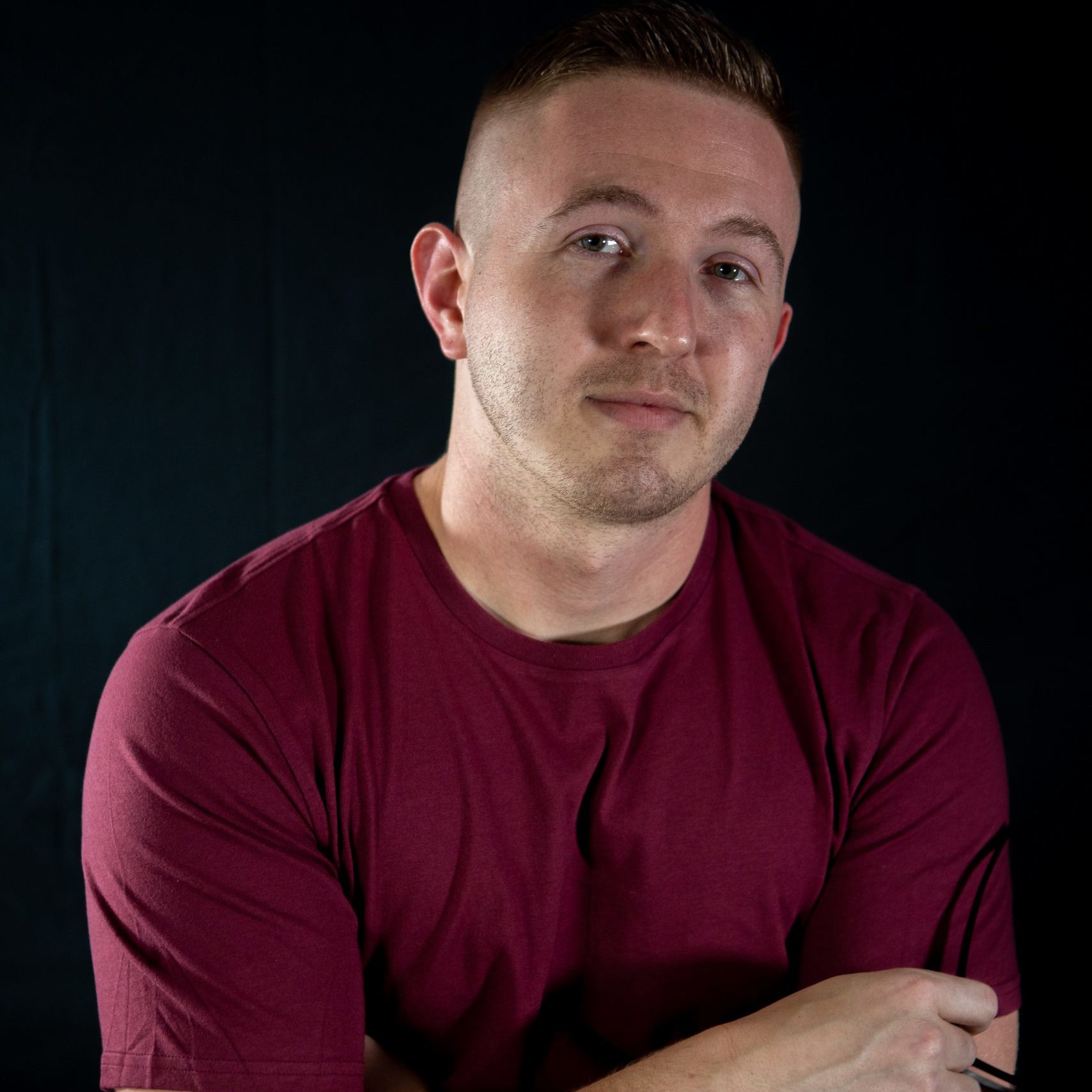Riley S, a 28 year old extended-care resident and work therapy intern here at Beit T’Shuvah, woke up last September 7th in a hospital bed in Orange County. Earlier that morning, his mother had found him in bed, overdosed on fentanyl. Lucky for him, she had Narcan on hand and her quick thinking to administer the overdose-reversing medication saved his life.
Riley had just discharged from Beit T’Shuvah four days prior, after completing six months of treatment. He recalls the missed opportunities of that first stay. “I didn’t fully immerse myself into what this program had to offer, especially in regards to spirituality.”
By the age of 12, Riley started drinking and soon added smoking weed, taking pills and cocaine to his routine. Like many addicts, he remembers the profound change in his mental state when he first used. “The first time I took a drink, it was like a huge weight was lifted off my shoulders.”
After a back injury, Riley was prescribed powerful painkillers. He wasn’t new to opiates, but the increased access through his prescription escalated his usage. “I really enjoyed the feeling of emptiness and not having to face anything emotionally or physically. I felt like I was invisible.” He quickly realized he was addicted when he started to experience withdrawal symptoms. “It was probably one of the worst things I’ve ever been through.”
Eventually, Riley’s doctors stopped prescribing painkillers and he turned to street dealers to feed his habit. At a friend’s suggestion, he switched to heroin, since it was cheaper and easier to obtain. He was hooked immediately. “I was in love. It was like I could finally see.” He started using heroin twice a week, then three times a week, then daily.
Three years later, Riley’s family was finally able to convince him to seek treatment, but he wasn’t personally invested. “I did it just to appease my family and get my mom off my back.” He relapsed and deepened his addiction. “I stooped lower than I had before, hurting people, cheating, lying, stealing, robbing.”
Riley eventually had a three-year period off of drugs, during which he was in a relationship with another recovering addict. “I was in a very codependent, toxic relationship with an older man.” He lost sight of his identity, subsuming his life under his partner’s life. The relationship finally imploded when Riley decided that the only way to get out was to get high. “It was a way to permanently push him away.”
Riley spent the next two years in and out of recovery, overdosing twice. He had heard of Beit T’Shuvah from fellow residents at other treatment centers, and in 2019 applied for admission, but never followed up. After going through detox a little over a year ago at another treatment center, he again sought admission to Beit T’Shuvah and was accepted.
Just a few weeks into his first stay, Beit T’Shuvah was forced to dramatically adjust its programming in response to the worldwide COVID-19 pandemic. Riley remembers his initial impulse was to run away. “My first thought was how I wanted to get out of here and escape this.”
Riley talked it over with the community here and decided to stay, but he struggled to stay motivated in his recovery. “It was very inconsistent. There were periods where I felt motivated, but there were long periods where I just slacked off.”
One week after his overdose last September, Riley returned to Beit T’Shuvah. Humbled by where his thinking had taken him, he decided to approach his current stay with a different attitude. This was readily apparent when he jumped at the opportunity to be of service by manning the front desk and phone as part of his work therapy. “It provides me a sense of purpose here in the community.” Although the pandemic forced admissions to become intermittent, the demand for services hasn’t subsided. “We get at least 50 – 60 phone calls a day, the majority for admissions. Many times I’ve spent 45 minutes to an hour on the phone with addicts and their families, looking for help.”
Last month, Riley returned to school, getting his prerequisites in preparation for applying to nursing school. “There was a lot of fear behind taking the first steps of registering and enrolling into classes.” After getting A in first class, Psychology 101, he feels more confident. His goal is to become an emergency room trauma nurse, giving back to help people in need. “I do well in situations that are high stress.”
